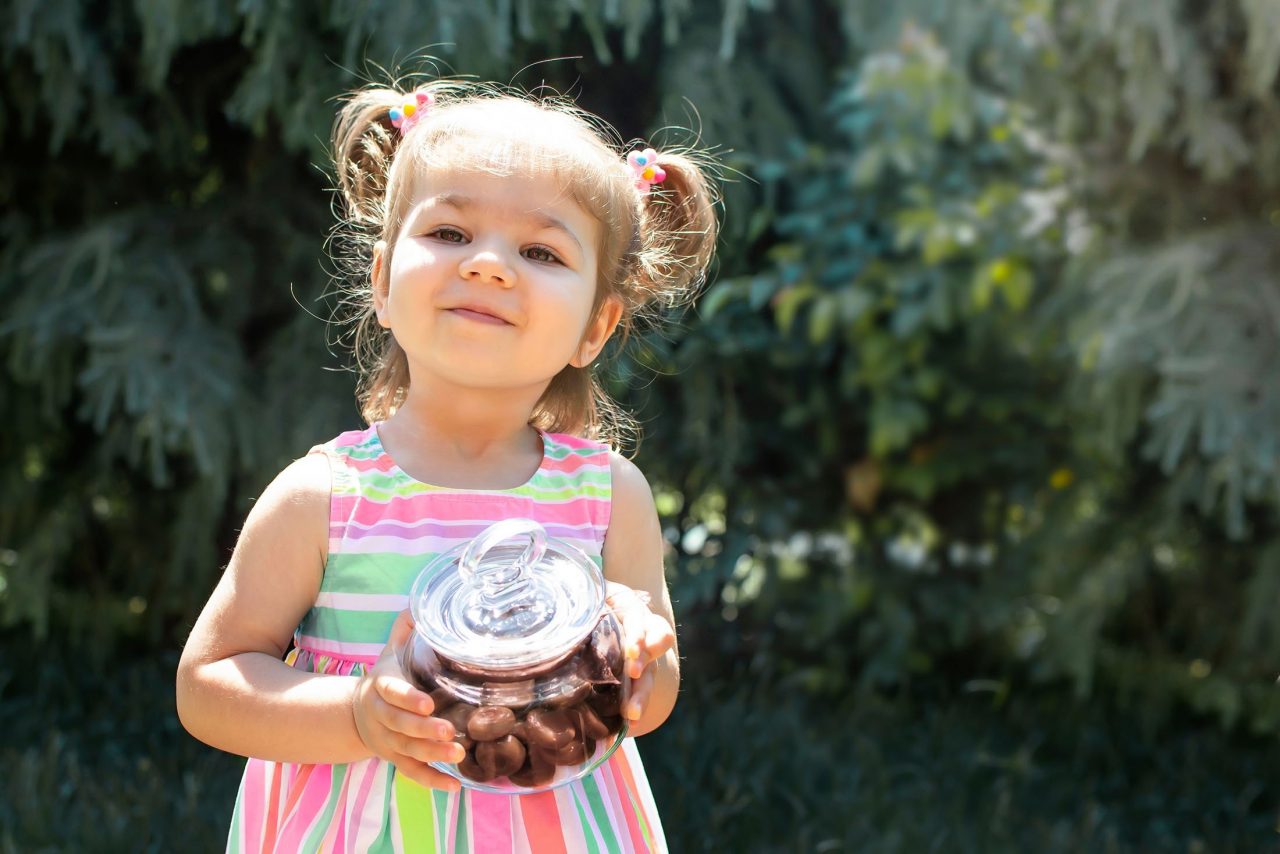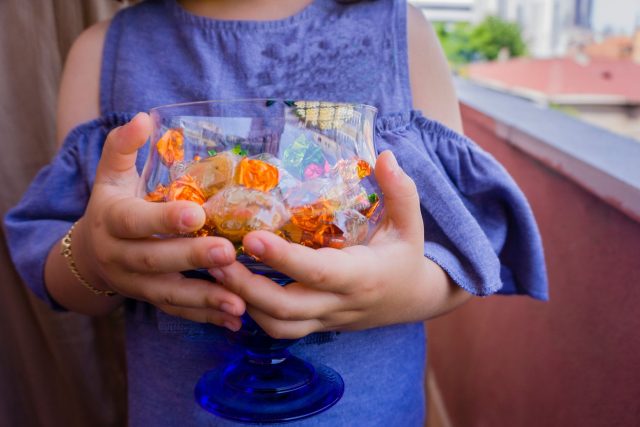
Starting this Monday, May 2, the monthlong daylight fast of Ramadan will be celebrated with the three-day Eid al-Fitr, which in Turkish is colloquially referred to as Şeker Bayram, or the holiday of sweets
The three-day religious celebration of Ramadan Bayram – also known as Şeker Bayram – which begins on Monday, May 2, and ends on Wednesday, May 4, is a national holiday in Turkey and it is the second-longest official holiday in the country. The longest holiday is the four-day Qurban Bayram, translated as the Feast of Sacrifice and in Arabic Eid-al Adha, which will take place from Saturday, July 9 to Tuesday, July 12. Both of these holidays, which are rooted in Islam, are based on the lunar Islamic calendar and so the dates vary each year by approximately 11 days.
Just some technicalities
The Şeker Bayram is many Turks’ favourite holiday as it not only marks the end of the monthlong daylight Ramadan fast, but it is also a holiday embedded with celebratory traditions such as paying visits and welcoming guests, giving gifts and serving up something sweet. While the official holiday begins on Monday, the day prior to the start of a long holiday is referred to in Turkish as “arefe.” Customarily, the “arefe” day is spent cleaning and preparing the home for said guests and so many official places of business will only operate until mid-day. As this year’s arefe falls on Sunday, life will still seem normal here in Turkey, but as of Monday and for the following two days during the holiday, public offices will remain closed and many shops may also do the same. Museums are also customarily closed until 1 p.m. on the first day of the holiday, which is Monday.
As per custom, on this holiday a number of transportation services in Istanbul (namely Başkentray, the Marmaray and Izban) and beyond will also be offered free of charge and no tolls will be charged for crossing the 15 Temmuz Şehitler and Fatih Sultan Mehmet bridges. Do keep in mind that certain bridges such as the Yavuz Sultan Selim 1915, Çanakkale and Osmangazi bridges will still be subject to tolls.

What to expect
Şeker Bayram has a number of beloved traditions beginning with paying visits to family, friends and neighbours. Customarily, the younger generation visits the homes of the family elders on the first day of the holiday. During the visit, the younger members of the family will bow down to kiss the hands of the elders (male and female) and then touch the elder’s hand to their forehead. The senior member of the family may then, or later secretly, give a gift of money placed in a tiny sac sewn purposely for this occasion. These days, these small satchels are less available and so cash may just be swiftly exchanged between hands as a gift.
In a tradition that spans back to Ottoman times, these tiny satchels referred to as “kese” were also used to hold something called “diş kirası,” which was a similar small-sized gift that could have been, cash, gold or silver coins and even jewelry, and they would be given to each of the guests at a iftar feast held by someone wealthy to break the fast. Everyone was welcome at the table, whether invited or not, and those who were less fortunate especially were considered “Guests of God” (in Turkish Tanrı’nın Misafiri). There was also a tradition of secretly paying the market tabs racked up by those less fortunate in the community. This act is made just that more special by the fact that the individual who pays the bill remains forever unknown and so the poorer individual is simply surprised and relieved by the gift without having to harbor any concerns about returning the favor.
While these days, such lavish traditions are hard to uphold, there is also the custom of children knocking on neighbors’ doors for candy. Thus, it is also wise to have some candy or sweets on hand should your doorbell be rung by any of the neighborhood children. Yet another tradition with this holiday and many others in Turkey is the preparation of pişi, which is a delightful ball of fried dough that puffs up and is delicious with cheese or sweet toppings. A prized gift if I say so myself, so don’t be surprised if this time an adult neighbor knocks on your door with a gift of pişi.
You may also have heard the wandering musicians drumming before dawn throughout the month of Ramadan. Their purpose is to wake up the households in the neighborhood so people can partake in sahur, which is the final meal before the daylight fast. It has always been a tradition for these drummers to be tipped for their services at the end of the month and thus don’t be alarmed if they also happen to knock on your door.

How to be prepared
As this holiday is all about paying visits, sweets and spoiling each other with treats, it is just good sense to have something to offer or gift for others should you visit their home. While traditionally, parents will purchase brand-new outfits for the children in a family, there are other types of gifts that can be given when visiting friends, neighbors and extended family.
From baklava to Turkish delight to macaroons, chocolates and hard candies, during this particular holiday season, you may have noticed they are everywhere. Each makes for a kind and enjoyable gift to any Turk you visit. Should you want to extend a grander gesture, cologne, in the form of Turkish kolonya, is always a welcomed gift for any Turk.







